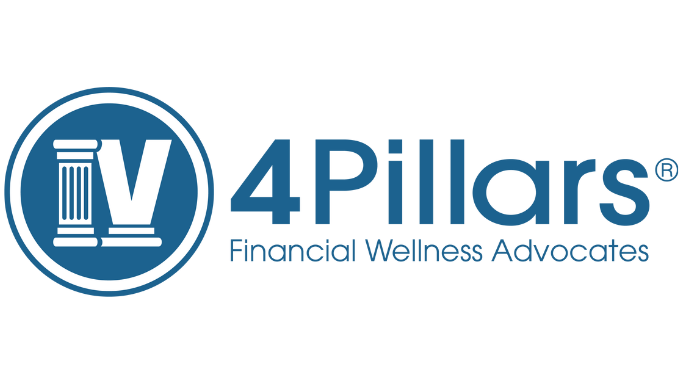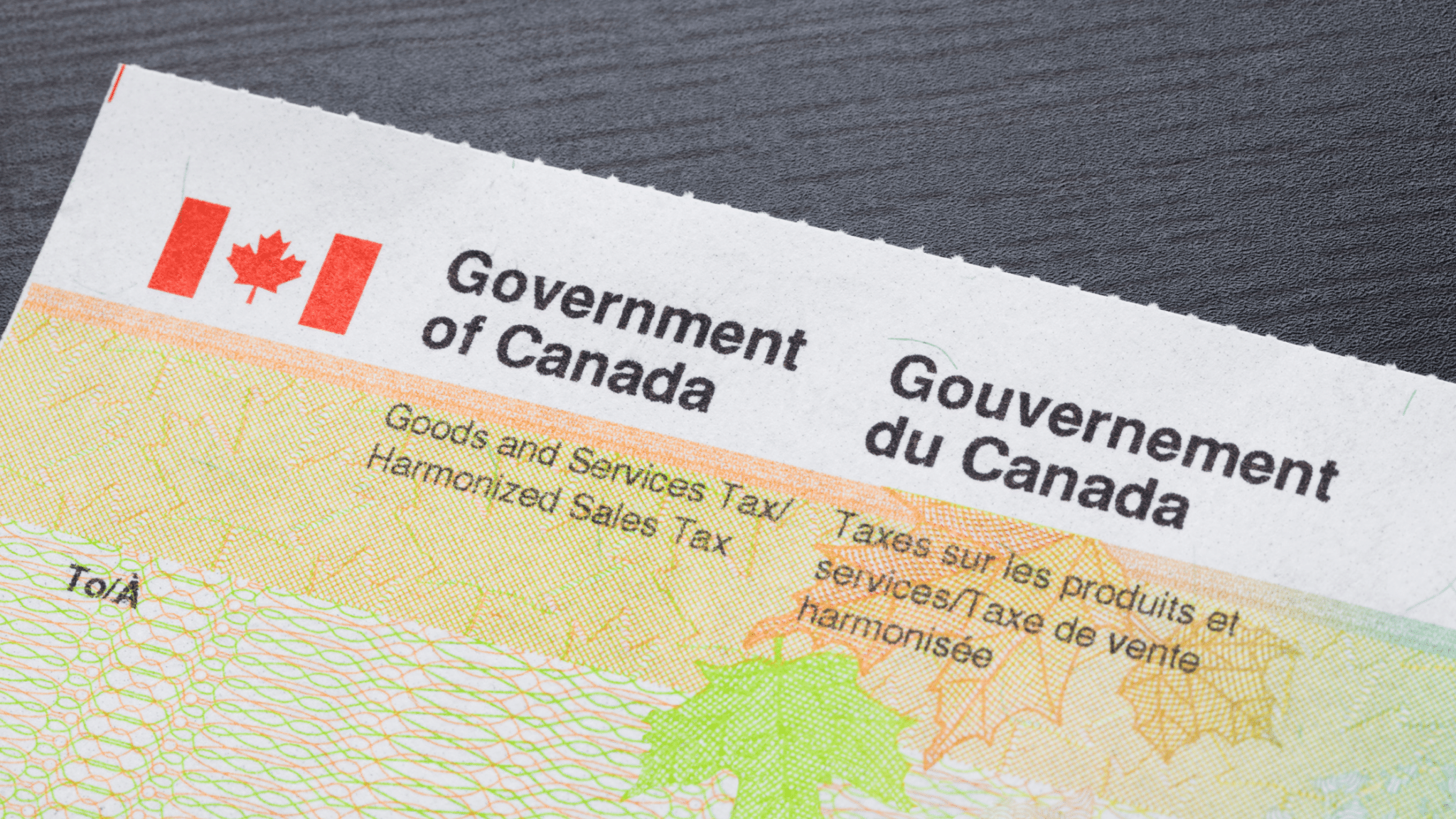Make the Most of Your Tax Refund with Smart Strategies
Tax season can be a stressful time, but it also presents an opportunity to boost your financial well-being. Many Canadians are unaware of the lesser-known tax benefits that could reduce their tax burden and increase their refunds.
Instead of letting your refund slip away on impulse purchases, why not use it to pay off debt, build savings, or improve your financial future? Here’s how to take advantage of available tax benefits and maximize your refund for long-term financial stability.
1. Lesser-Known Canadian Tax Benefits You Should Claim
Canada Workers Benefit (CWB)
The CWB is designed to support low-income workers by providing a refundable tax credit. If you earn a low or modest income, you may qualify for this benefit, which helps increase your refund.
Check eligibility and apply through the CRA: Learn more
Medical Expense Tax Credit
Did you know that certain medical expenses—such as prescription glasses, dental work, or travel for medical care—can be claimed on your taxes? If your medical costs exceed 3% of your net income, you may qualify for this credit.
Home Accessibility Tax Credit (HATC)
If you or a family member made renovations to improve accessibility (such as installing a wheelchair ramp or modifying bathrooms), you may be eligible for a 15% tax credit on expenses up to $20,000.
2. Smart Ways to Use Your Tax Refund
Pay Off Debt & Reduce Financial Stress
One of the best ways to use your refund is to pay off high-interest debt like credit cards, payday loans, or personal loans. The less debt you carry, the more financial freedom you gain.
Need help managing debt? Talk to one of our experts today.
Boost Your Savings & Emergency Fund
Building an emergency fund provides financial security in case of unexpected expenses like car repairs or medical bills. If you don’t have an emergency fund yet, your tax refund is a great way to start saving.
Invest in Your Future
Consider using your refund for:
- RRSP contributions (which can lower next year’s taxable income)
- RESP contributions to support your child’s education
- TFSAs for long-term, tax-free growth

3. Plan Ahead for Next Year’s Tax Return
Adjust Tax Withholding
If you consistently receive a large refund, you may be having too much tax deducted from your paycheck. Adjusting your tax withholding can increase your take-home pay throughout the year.
Keep Track of Eligible Deductions
Many people miss out on tax credits simply because they don’t keep proper records. Stay organized by tracking expenses related to:
- Childcare
- Home office deductions (if you work remotely)
- Union or professional fees
Looking for more financial guidance? Get a free consultation today.
Take Control of Your Financial Future
Your tax refund is more than extra money—it’s an opportunity to strengthen your finances. Whether you pay off debt, invest, or save, taking a strategic approach can set you up for long-term success.
Need help with financial planning or debt solutions? Contact us today



